Find Help
More Items From Ergsy search
-

Newcastle Specialist Continence Service's Light Urinary Incontinence Project
Relevance: 100%
-
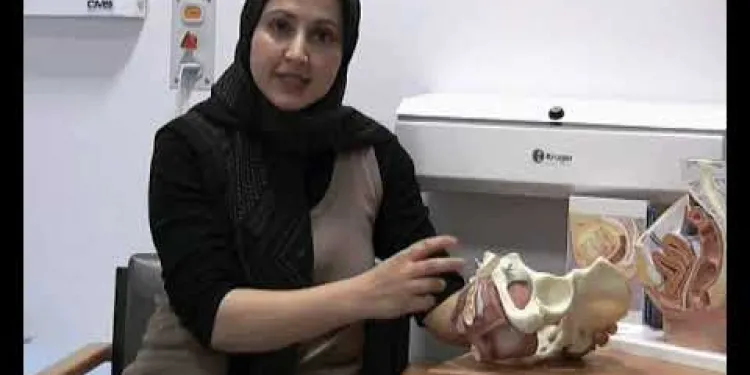
Physiotherapy Assessment of Urinary Incontinence
Relevance: 53%
-
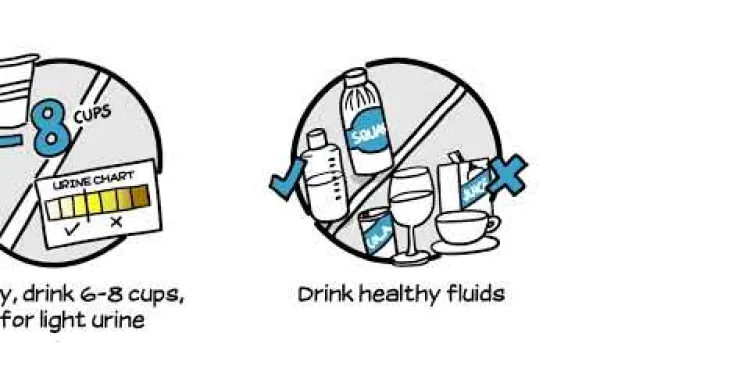
Avoiding infections with urinary incontinence
Relevance: 49%
-

Pelvic health: stress urinary incontinence
Relevance: 45%
-

Incontinence | NHS
Relevance: 42%
-
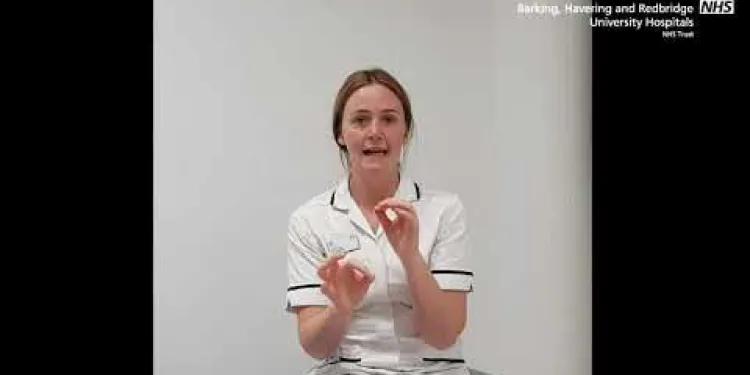
Pelvic health: Urge Incontinence
Relevance: 30%
-
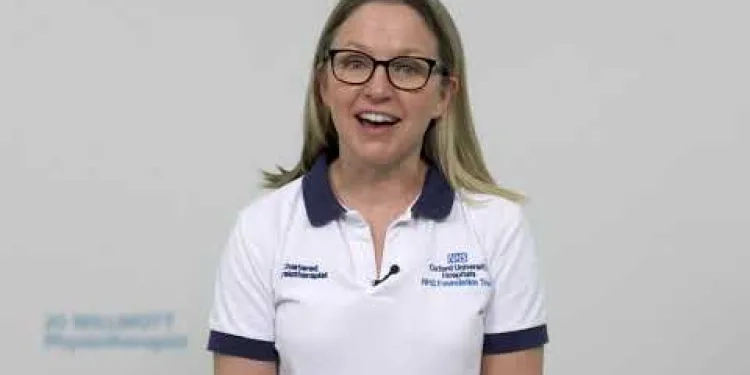
Incontinence and Prolapse - Physiotherapy Advice
Relevance: 27%
-

Incontinence and Prolapse - Physiotherapy Advice
Relevance: 27%
-
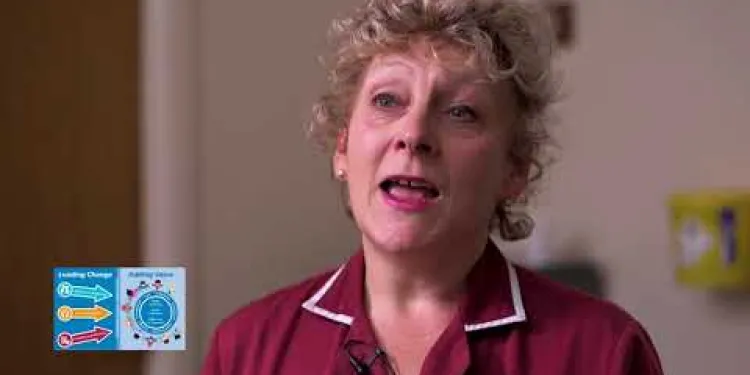
Sandwell and West Birmingham Hospitals NHS Trust – Faecal Incontinence and Constipation Healthcare
Relevance: 23%
-
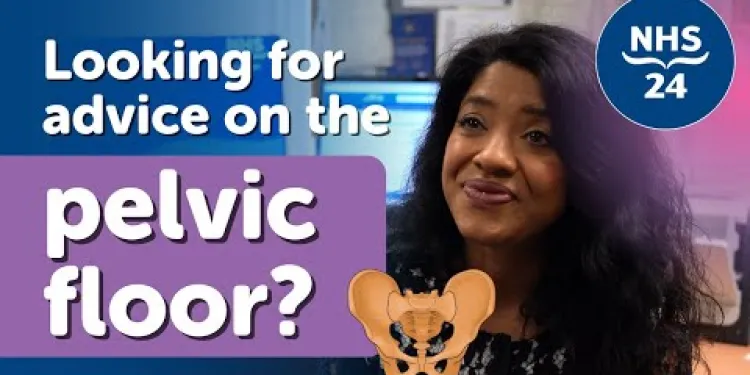
Your pelvic health matters: insights from NHS clinicians
Relevance: 21%
-

Is it dangerous driving to run a red light?
Relevance: 19%
-

The Leeds Specialist Rehabilitation Centre - 3 Prosthetic Physiotherapy
Relevance: 18%
-

Will mosquito screens block out light or air?
Relevance: 18%
-

Is blue light from screens a factor in affecting sleep quality?
Relevance: 17%
-

What kinds of specialists are involved in treating Huntington's disease?
Relevance: 16%
-
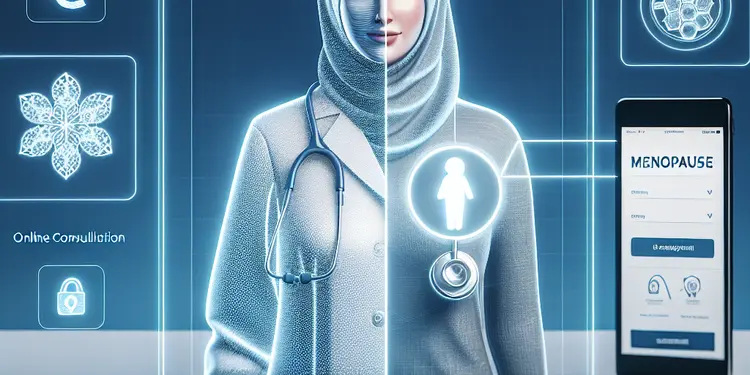
Can I consult with a specialist about menopause online through the NHS?
Relevance: 16%
-

Do mitigation strategies like blue light glasses help improve sleep quality?
Relevance: 16%
-

Jess Rann - Specialist Eating Disorders Dietitian
Relevance: 14%
-

What are the side effects of prostate cancer surgery?
Relevance: 14%
-
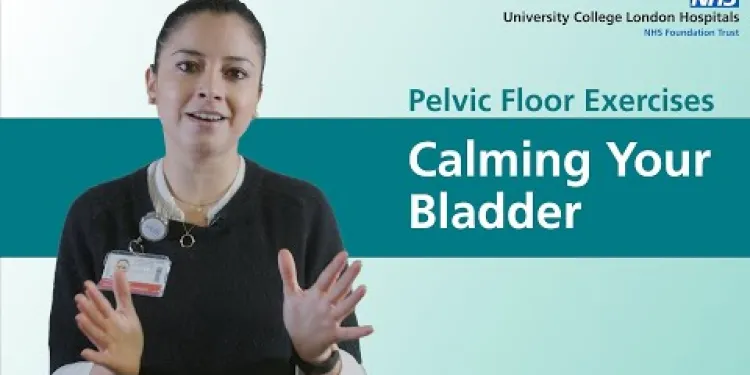
Pelvic Floor Exercises - Using Your Pelvic Floor to Calm Down Your Bladder
Relevance: 14%
-
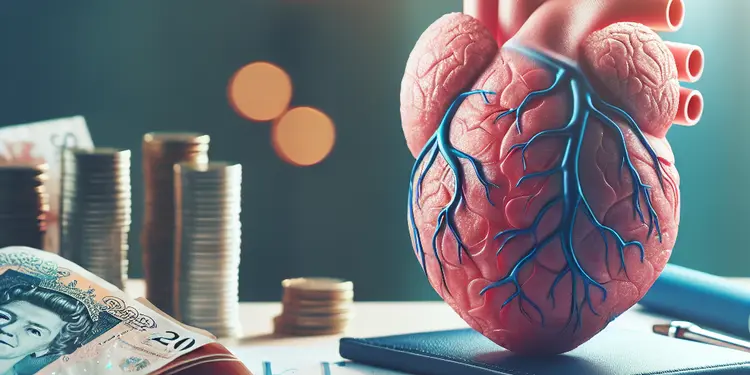
Are there any complications associated with untreated BPH?
Relevance: 13%
-
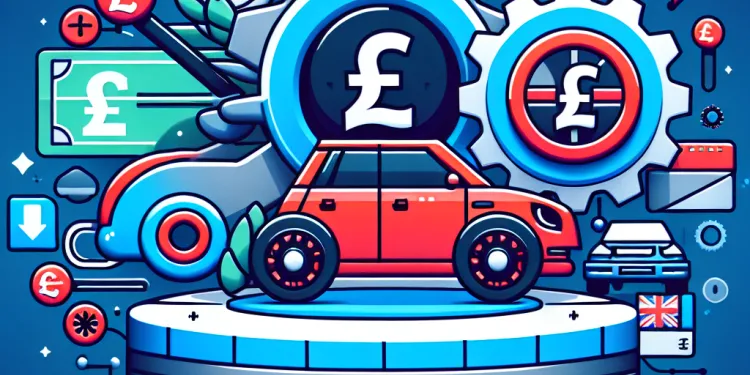
Are there specialists who can help with mis-sold car finance claims?
Relevance: 13%
-
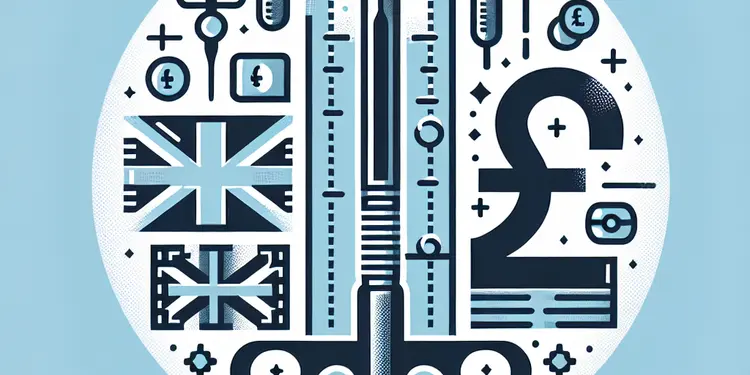
How does surgery treat prostate cancer?
Relevance: 13%
-

What are the symptoms of BPH?
Relevance: 12%
-

Pelvic health: prolapse
Relevance: 12%
-
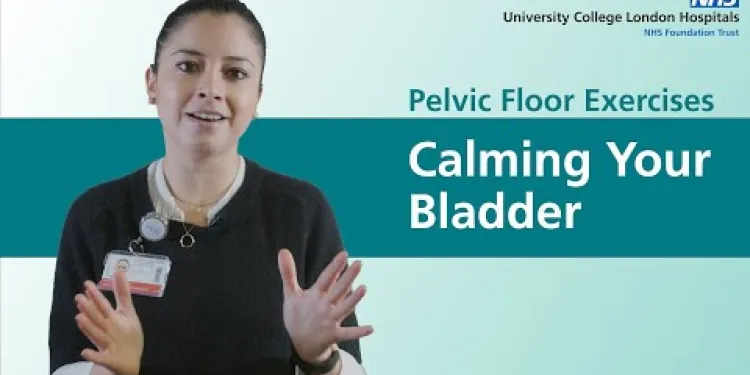
Pelvic Floor Exercises - Using Your Pelvic Floor to Calm Down Your Bladder
Relevance: 11%
-
New Research Sheds Light on Long Covid Effects
Relevance: 11%
-

Understanding Parental Rights in Light of New UK Child Protection Legislation
Relevance: 11%
-
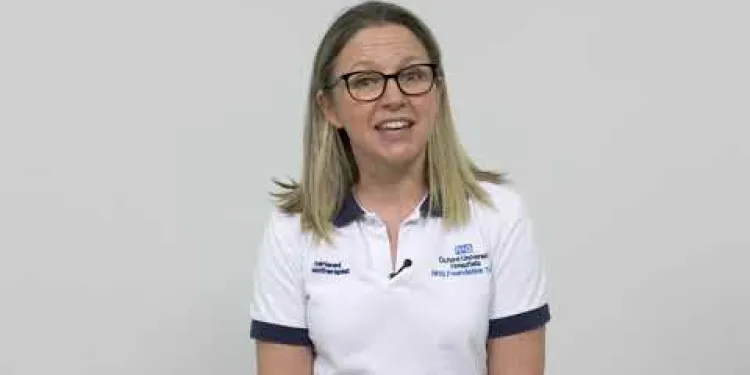
The Pelvic Floor Muscles - Developing an Exercise Programme
Relevance: 11%
-
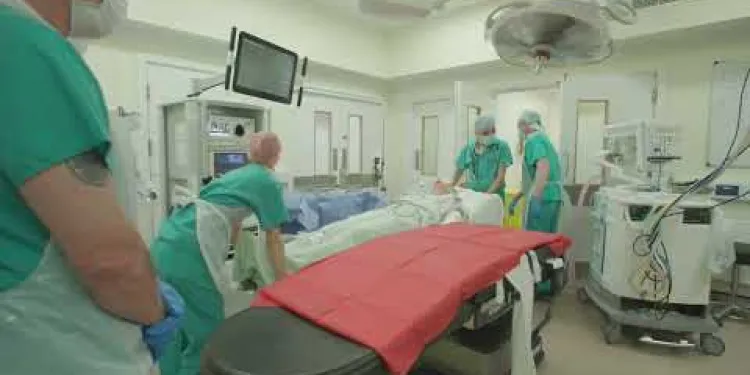
Prostate Surgery
Relevance: 11%
-
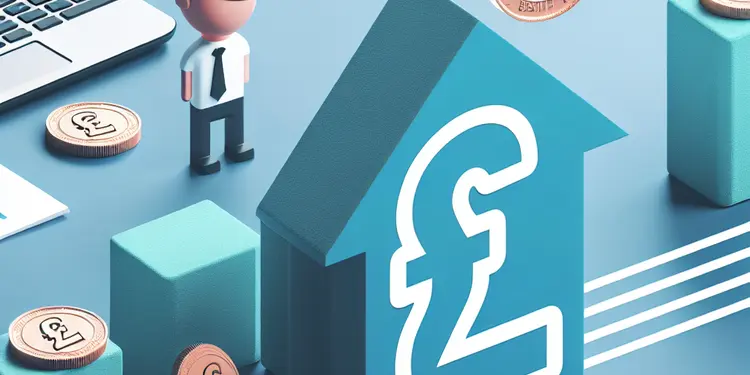
Campaigners Urge Review of Child Benefit Rates in Light of Inflation
Relevance: 11%
-

How does cryotherapy work in treating prostate cancer?
Relevance: 11%
-
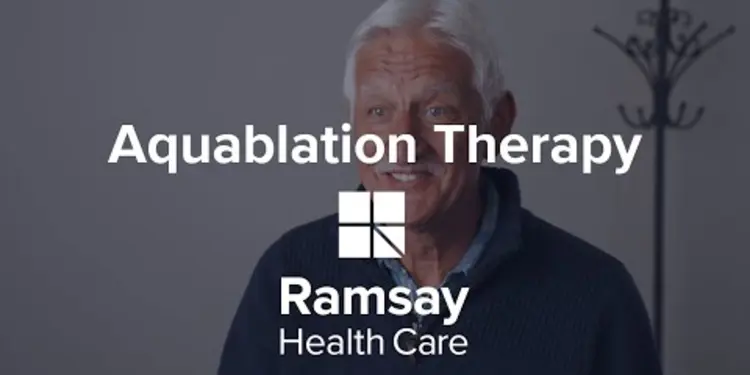
Aquablation Therapy - Minimally Invasive Enlarged Prostate Treatment - Ramsay Health Care UK
Relevance: 11%
-

Pelvic health: prolapse
Relevance: 10%
-
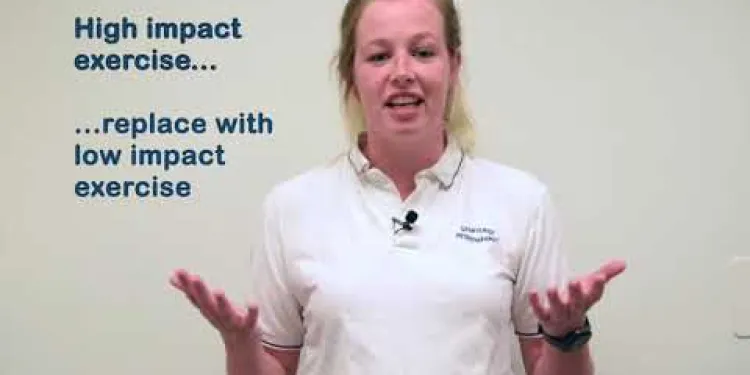
Prolapse Management
Relevance: 10%
-
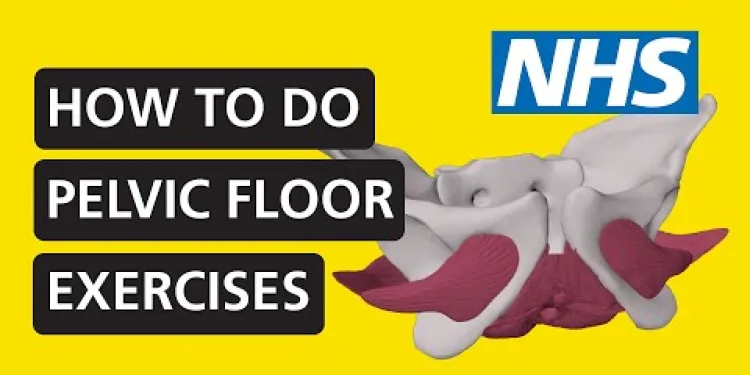
How to do pelvic floor exercises | NHS
Relevance: 9%
-
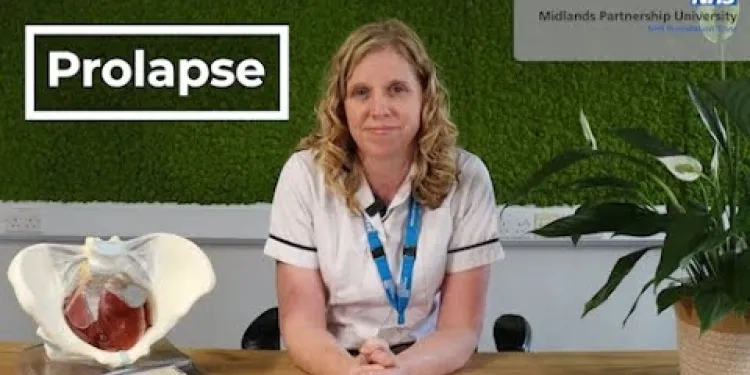
Prolapse Types and Tips
Relevance: 9%
-

Can Botox be used for treating conditions other than wrinkles?
Relevance: 9%
-
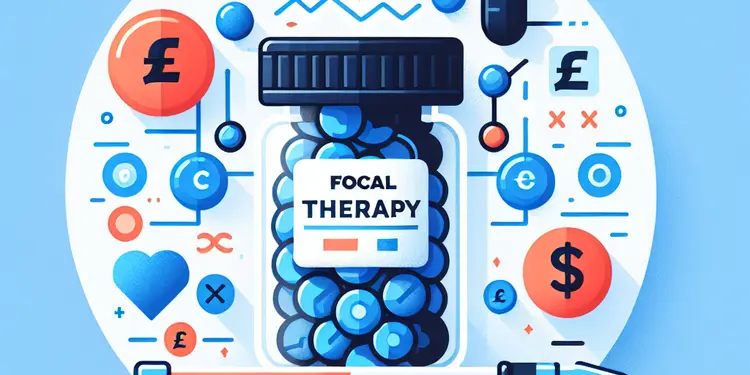
Is focal therapy an option for prostate cancer?
Relevance: 9%
-

Is BPH the same as prostate cancer?
Relevance: 8%
Newcastle Specialist Continence Service's Light Urinary Incontinence Project
Introduction to the Service
The Newcastle Specialist Continence Service is dedicated to providing comprehensive care and support for individuals experiencing urinary incontinence. In recognition of the need for specialized care, they've initiated the Light Urinary Incontinence Project. This project focuses on managing and treating mild urinary incontinence, a condition affecting many people in the United Kingdom.What is Light Urinary Incontinence?
Light urinary incontinence is the unintentional leakage of urine that is less severe but equally disruptive to daily life. It often occurs during physical activities or sudden movements such as coughing, laughing, or exercising. This condition can affect both men and women, although it is more common in women, particularly those who have experienced childbirth or menopause.Objectives of the Project
The primary objectives of the Light Urinary Incontinence Project include raising awareness about the condition, providing effective management strategies, and improving the quality of life for those affected. The project aims to: 1. Educate the public and healthcare providers about light urinary incontinence. 2. Promote early diagnosis and intervention. 3. Offer a range of treatment options including lifestyle changes, pelvic floor exercises, and medical interventions. 4. Provide ongoing support and resources for patients.Available Treatment Options
The Newcastle Specialist Continence Service's project offers a multidisciplinary approach to treatment. Key components include: - **Pelvic Floor Exercises**: Strengthening the pelvic muscles through targeted exercises can significantly reduce symptoms. - **Lifestyle Adjustments**: Modifications such as reducing caffeine and fluid intake, and losing weight may help manage the condition. - **Medical Interventions**: Options like bladder training, medications, or minimally invasive procedures may be recommended based on individual assessments.Support and Resources
Patients enrolled in the Light Urinary Incontinence Project have access to an array of support services. This includes one-on-one consultations with continence specialists, educational workshops, and access to support groups. The service also provides informational materials to help patients understand their condition and treatment options better.Conclusion
The Newcastle Specialist Continence Service's Light Urinary Incontinence Project is an essential initiative addressing a common yet often overlooked health issue. By focusing on early intervention, comprehensive treatment options, and continuous support, the project aims to empower individuals to manage their condition effectively and improve their overall quality of life.Newcastle Specialist Continence Service's Light Urinary Incontinence Project
Introduction to the Service
The Newcastle Specialist Continence Service helps people who have trouble with urinary incontinence. They have started a project called the Light Urinary Incontinence Project. This project helps people with mild urinary incontinence, which is a common problem in the UK.What is Light Urinary Incontinence?
Light urinary incontinence is when a person leaks a small amount of urine by accident. It can happen when you do things like cough, laugh, or exercise. Both men and women can have this problem, but it happens more to women, especially after childbirth or menopause.Objectives of the Project
The Light Urinary Incontinence Project aims to help people by: 1. Teaching everyone about light urinary incontinence. 2. Finding and treating the condition early. 3. Offering different ways to treat it like exercises and medicine. 4. Giving support and information to patients.Available Treatment Options
The project offers several ways to help people: - **Pelvic Floor Exercises**: These exercises make your pelvic muscles stronger and can help a lot. - **Lifestyle Changes**: Doing things like drinking less caffeine, drinking less overall, and losing weight can help control the problem. - **Medical Interventions**: Some treatments might include bladder training, taking medicine, or simple procedures that a doctor can do.Support and Resources
People in the Light Urinary Incontinence Project can meet specialists one-on-one, join workshops, and be part of support groups. They also get information to help them understand their condition and how to treat it.Conclusion
The Light Urinary Incontinence Project helps people with a common issue. It focuses on early help, different treatment options, and ongoing support to help people feel better and live comfortably.Frequently Asked Questions
What is the Newcastle Specialist Continence Service's Light Urinary Incontinence Project?
The Newcastle Specialist Continence Service's Light Urinary Incontinence Project is an initiative aimed at supporting individuals with light urinary incontinence by providing tailored advice, support, and access to appropriate products and resources.
Who can benefit from the Light Urinary Incontinence Project?
The project is designed for individuals who experience light urinary incontinence and reside in the Newcastle area. It offers support to both men and women, including those of working age and older adults.
How do I access the services provided by the Newcastle Specialist Continence Service?
You can access the services by self-referring or by being referred by your GP or healthcare professional. Contact details are available on the Newcastle Specialist Continence Service's website.
What type of support can I expect from the project?
The project offers a range of support including confidential assessments, advice on managing symptoms, guidance on pelvic floor exercises, access to continence products, and information on lifestyle modifications.
Are the services provided free of charge?
Yes, the services provided by the Newcastle Specialist Continence Service for light urinary incontinence are free of charge to residents of Newcastle.
What are pelvic floor exercises?
Pelvic floor exercises, also known as Kegel exercises, are designed to strengthen the muscles that support the bladder and urethra. These exercises can help improve bladder control and reduce urinary incontinence.
Can lifestyle changes help manage light urinary incontinence?
Yes, lifestyle changes such as maintaining a healthy weight, avoiding bladder irritants (like caffeine and alcohol), and staying hydrated can help manage light urinary incontinence symptoms.
What are continence products and how do they help?
Continence products include pads, liners, and protective underwear designed to absorb urine leakage and keep you dry and comfortable. They can help you manage symptoms discreetly and confidently.
Is there a cure for light urinary incontinence?
While there is no definitive cure, many people with light urinary incontinence find significant improvement through pelvic floor exercises, lifestyle changes, and continence products. In some cases, medical or surgical treatments may be necessary.
Does the service provide medical treatments?
The Newcastle Specialist Continence Service focuses on non-surgical interventions like advice, support, and continence products. However, if medical or surgical treatments are needed, they can provide referrals to appropriate specialists.
Can I receive remote support or do I need to visit in person?
The service offers both in-person and remote support options to accommodate different needs. Telephone consultations and virtual appointments may be available.
How will my privacy be protected?
Your privacy and confidentiality are prioritized. All consultations and services are conducted discreetly, and your personal information is handled in accordance with data protection regulations.
What should I bring to my first appointment?
For your first appointment, it is helpful to bring any relevant medical history, a list of current medications, and a record of your urinary symptoms if possible.
Can men also receive support from the Light Urinary Incontinence Project?
Yes, the project supports both men and women who experience light urinary incontinence. Tailored advice and products are available to meet the specific needs of both genders.
How often will I need to attend appointments?
The frequency of appointments will vary based on individual needs and progress. Your healthcare provider will work with you to develop a suitable plan, which may include follow-up appointments as needed.
What is the Newcastle Specialist Continence Service's Light Urinary Incontinence Project?
This is a project that helps people who have trouble controlling their bladder. It is for people in Newcastle.
Simple tools like picture guides and easy steps are used to help people understand and manage their bladder control better.
The Newcastle Continence Service has a special project. It's about helping people who sometimes leak urine a little bit. This project gives advice and help. It also shows people what products they can use and where to get them.
Who can get help from the Light Urinary Pee Problem Project?
This project helps people who sometimes have trouble with peeing a little by accident. It is for people living in the Newcastle area. The project can help both men and women, no matter if they are working or older.
How can I use the Newcastle Specialist Continence Service?
If you need help from the Newcastle Specialist Continence Service, follow these simple steps: 1. **Talk to Your Doctor**: Tell your doctor or nurse that you need help. They can help you contact the continence service. 2. **Call the Service**: You can phone the service to ask for help. 3. **Visit a Health Center**: Some health centers can help you find the service. Some tools that might help you: - **Ask a Friend**: Sometimes having a friend with you can make it easier. - **Use Pictures**: You can use pictures to show what help you need. These steps will help you access the service.You can get help by asking a doctor or nurse to talk to the service for you. You can also call them yourself. Find their phone number on the Newcastle Specialist Continence Service website.
What help will I get from the project?
You can get help and support from the project. If you need help, here are some things you can do:
- Ask Questions: You can ask the people in the project if you have any questions. They will help you understand.
- Get Guidance: People in the project can show you how to do things step by step.
- Use Tools: The project might have tools to help you, like pictures or videos.
- Find a Buddy: You could get a buddy or a friend to help you.
If you find reading hard, you could use tools like:
- Read Aloud: Use a tool that reads the words out loud for you.
- Highlighting: Highlight the words to help you focus.
- Dictionary: Use a simple dictionary to look up hard words.
Remember, it's okay to ask for help. People are there to support you!
The project helps you in different ways. It can give you private check-ups, advice on how to handle symptoms, lessons on pelvic floor exercises, access to products that help with continence, and tips on changing habits to feel better.
Do the services cost money?
Yes, if you live in Newcastle and have trouble holding your pee, the Newcastle Specialist Continence Service will help you for free.
What are pelvic floor exercises?
Pelvic floor exercises make your belly, hips, and lower parts stronger. These exercises help you control pee and poop better. They stop leaks and keep your belly tight.
To do these exercises, pretend you are trying to stop pee. Squeeze and hold the muscles for a few seconds, then relax. Do this a few times every day.
Helpful tools:
- Watch a video with a teacher showing the exercises.
- Use a phone or tablet app that reminds you to do your exercises.
- Ask for help from a friend or family member to do the exercises with you.
Pelvic floor exercises are also called Kegel exercises. They make the muscles that hold up the bladder and urethra stronger. Doing these exercises can help you control your bladder better and stop leaks when you go to the bathroom.
If it's hard to understand or do these exercises, you can try using apps that show pictures or video guides. You can also ask a doctor or therapist for help.
Can changes in daily habits help with little leaks of urine?
Yes, you can make some changes to help with light bladder leaks. Try to stay at a healthy weight. Avoid drinks like coffee and alcohol. Drink enough water.
What are continence products and how do they help?
Continence products are things that help people who have trouble controlling their wee or poo.
These products can help by keeping clothes and skin clean and dry.
Some common continence products are:
- Nappies for grown-ups
- Pads to catch wee and poo
- Special pants that soak up wee
- Bed covers to keep beds dry
These products can make people feel more comfortable and confident.
If you need help with continence products, ask a doctor or nurse.
Continence products are things like pads, liners, and special underwear. They soak up pee and keep you dry and comfy. They help you feel confident and not worry about accidents.
Can light bladder leaks be fixed?
There is no sure way to fix light bladder problems, but many people feel better when they do special exercises, change some habits, or use special products. Sometimes, a doctor might need to help with medicine or a small operation.
Can the service help if you are sick?
If you are sick, this service can help you feel better.
They have doctors and nurses to care for you.
They can give you medicine if you need it.
You can ask someone to help you read this, like a friend or family member.
Point to words if you need help understanding.
The Newcastle Continence Service helps with bladder and bowel problems. They give advice, support, and special products to help. If you need more help from doctors or surgeries, they can tell you where to go.
Can I get help from far away or do I need to come in?
You can get help without going anywhere. You don’t have to visit. This is called remote support. People can help you over the phone or on a computer.
If you need more help, you can visit in person.
You can use a phone or a computer to get help. Friends or family can also help you understand.
The service can help you in person or from far away. You can talk with someone on the phone or meet them online.
How will my personal information be kept safe?
We keep your information safe. Everything you tell us is secret. We follow rules to protect your personal details.
What should I bring to my first appointment?
Here is a list of things to bring to your first appointment:
- Your ID card or driver's license.
- Your insurance card, if you have one.
- A list of any medicines you take.
- Any medical records or paperwork you have.
- Write down any questions you want to ask.
Ask someone to help you if you need it. You could bring a friend or family member with you.
When you go to your first doctor visit, it's good to bring some things. Take any papers about your past health. Make a list of the medicines you take now. Also, write down any problems you have with peeing.
If you need help with reading or writing, ask someone you trust or use a voice recorder.
Can men get help from the Light Urinary Incontinence Project?
Yes, men can get help too. If you are a man and need support, the project is here to help you.
Here are some things that can help you:
- Talk to a doctor. They can give you advice.
- Use special products like pads for better comfort.
- Join a support group to share experiences and learn from others.
Yes, the project helps both men and women who have a little trouble with their bladder. We have special advice and products for everyone’s needs.
How many times do I need to go to the meetings?
How often you have appointments will depend on what you need and how well you are getting better. Your doctor or nurse will help you make a plan. This plan might have more appointments if you need them.
If reading is hard, you can ask someone to read it with you. Using a ruler or finger to follow along can also help.
Useful Links
This website offers general information and is not a substitute for professional advice.
Always seek guidance from qualified professionals.
If you have any medical concerns or need urgent help, contact a healthcare professional or emergency services immediately.
Some of this content was generated with AI assistance. We’ve done our best to keep it accurate, helpful, and human-friendly.
- Ergsy carfully checks the information in the videos we provide here.
- Videos shown by Youtube after a video has completed, have NOT been reviewed by ERGSY.
- To view, click the arrow in centre of video.
- Most of the videos you find here will have subtitles and/or closed captions available.
- You may need to turn these on, and choose your preferred language.
- Go to the video you'd like to watch.
- If closed captions (CC) are available, settings will be visible on the bottom right of the video player.
- To turn on Captions, click settings .
- To turn off Captions, click settings again.
More Items From Ergsy search
-

Newcastle Specialist Continence Service's Light Urinary Incontinence Project
Relevance: 100%
-

Physiotherapy Assessment of Urinary Incontinence
Relevance: 53%
-

Avoiding infections with urinary incontinence
Relevance: 49%
-

Pelvic health: stress urinary incontinence
Relevance: 45%
-

Incontinence | NHS
Relevance: 42%
-

Pelvic health: Urge Incontinence
Relevance: 30%
-

Incontinence and Prolapse - Physiotherapy Advice
Relevance: 27%
-

Incontinence and Prolapse - Physiotherapy Advice
Relevance: 27%
-

Sandwell and West Birmingham Hospitals NHS Trust – Faecal Incontinence and Constipation Healthcare
Relevance: 23%
-

Your pelvic health matters: insights from NHS clinicians
Relevance: 21%
-

Is it dangerous driving to run a red light?
Relevance: 19%
-

The Leeds Specialist Rehabilitation Centre - 3 Prosthetic Physiotherapy
Relevance: 18%
-

Will mosquito screens block out light or air?
Relevance: 18%
-

Is blue light from screens a factor in affecting sleep quality?
Relevance: 17%
-

What kinds of specialists are involved in treating Huntington's disease?
Relevance: 16%
-

Can I consult with a specialist about menopause online through the NHS?
Relevance: 16%
-

Do mitigation strategies like blue light glasses help improve sleep quality?
Relevance: 16%
-

Jess Rann - Specialist Eating Disorders Dietitian
Relevance: 14%
-

What are the side effects of prostate cancer surgery?
Relevance: 14%
-

Pelvic Floor Exercises - Using Your Pelvic Floor to Calm Down Your Bladder
Relevance: 14%
-

Are there any complications associated with untreated BPH?
Relevance: 13%
-

Are there specialists who can help with mis-sold car finance claims?
Relevance: 13%
-

How does surgery treat prostate cancer?
Relevance: 13%
-

What are the symptoms of BPH?
Relevance: 12%
-

Pelvic health: prolapse
Relevance: 12%
-

Pelvic Floor Exercises - Using Your Pelvic Floor to Calm Down Your Bladder
Relevance: 11%
-
New Research Sheds Light on Long Covid Effects
Relevance: 11%
-

Understanding Parental Rights in Light of New UK Child Protection Legislation
Relevance: 11%
-

The Pelvic Floor Muscles - Developing an Exercise Programme
Relevance: 11%
-

Prostate Surgery
Relevance: 11%
-

Campaigners Urge Review of Child Benefit Rates in Light of Inflation
Relevance: 11%
-

How does cryotherapy work in treating prostate cancer?
Relevance: 11%
-

Aquablation Therapy - Minimally Invasive Enlarged Prostate Treatment - Ramsay Health Care UK
Relevance: 11%
-

Pelvic health: prolapse
Relevance: 10%
-

Prolapse Management
Relevance: 10%
-

How to do pelvic floor exercises | NHS
Relevance: 9%
-

Prolapse Types and Tips
Relevance: 9%
-

Can Botox be used for treating conditions other than wrinkles?
Relevance: 9%
-

Is focal therapy an option for prostate cancer?
Relevance: 9%
-

Is BPH the same as prostate cancer?
Relevance: 8%


